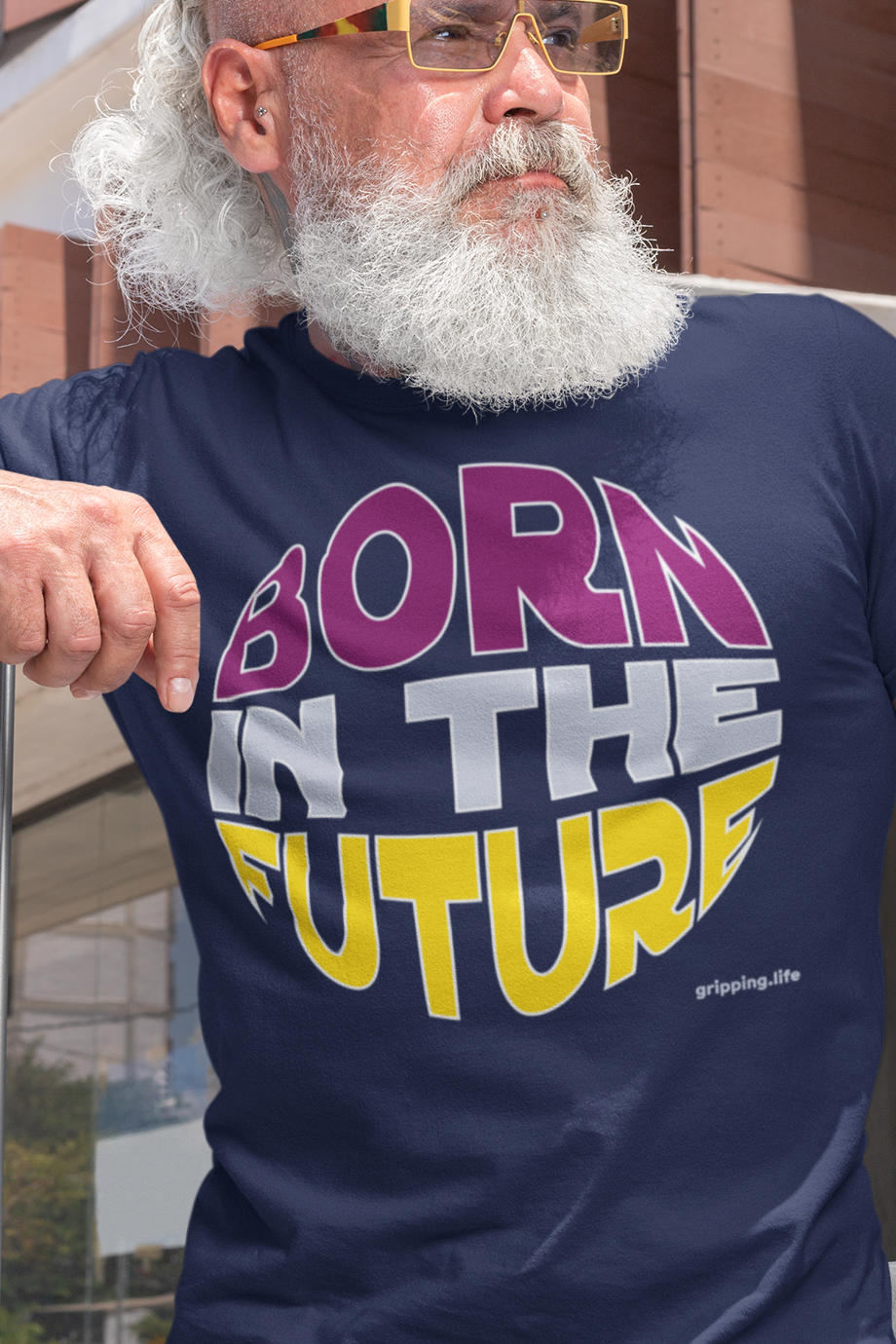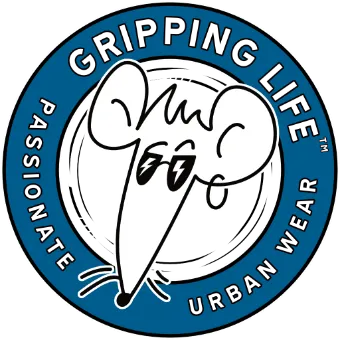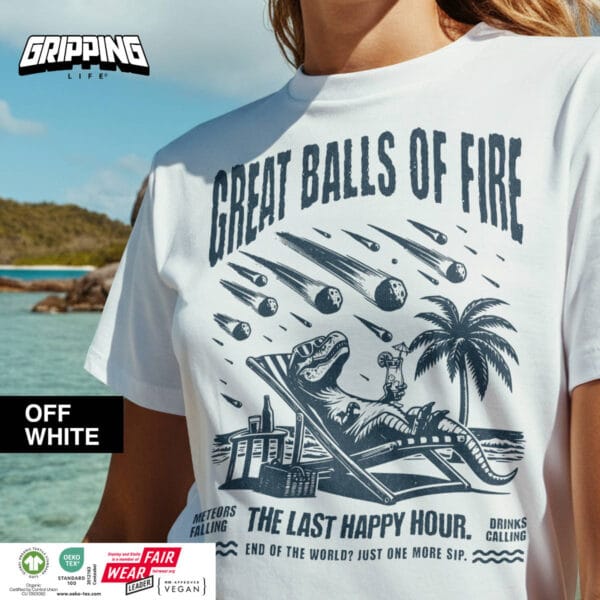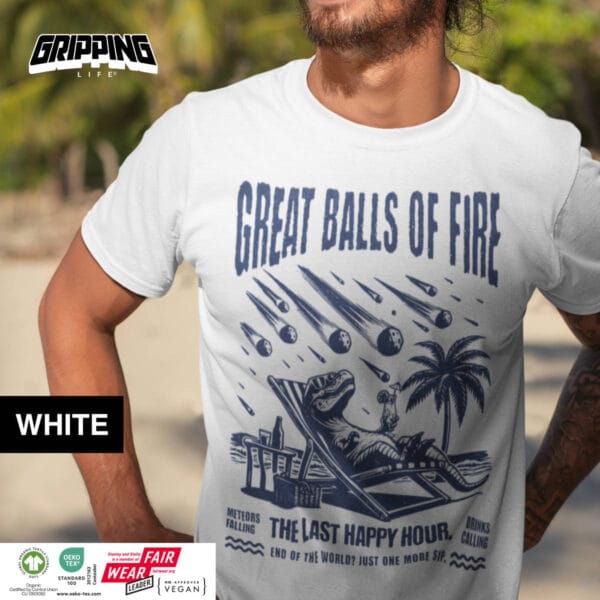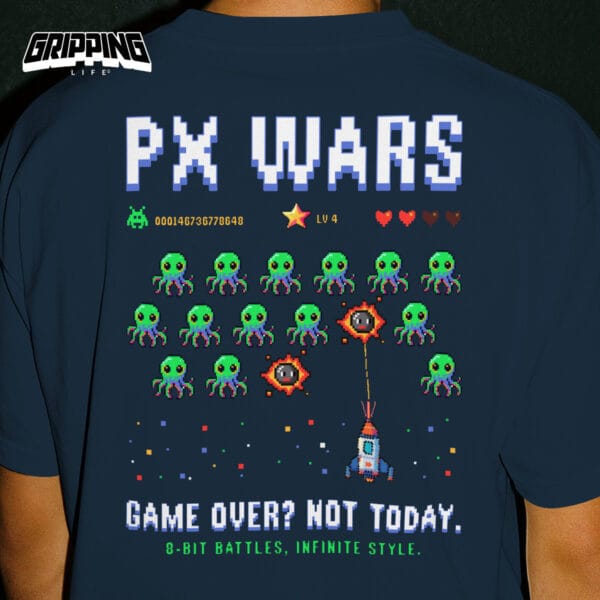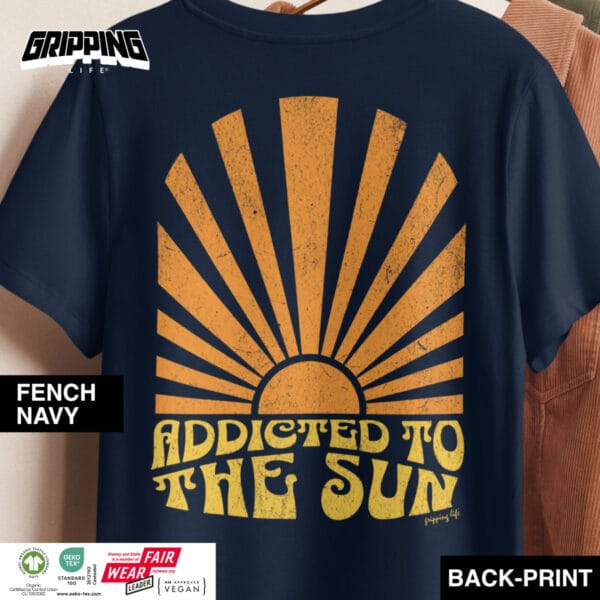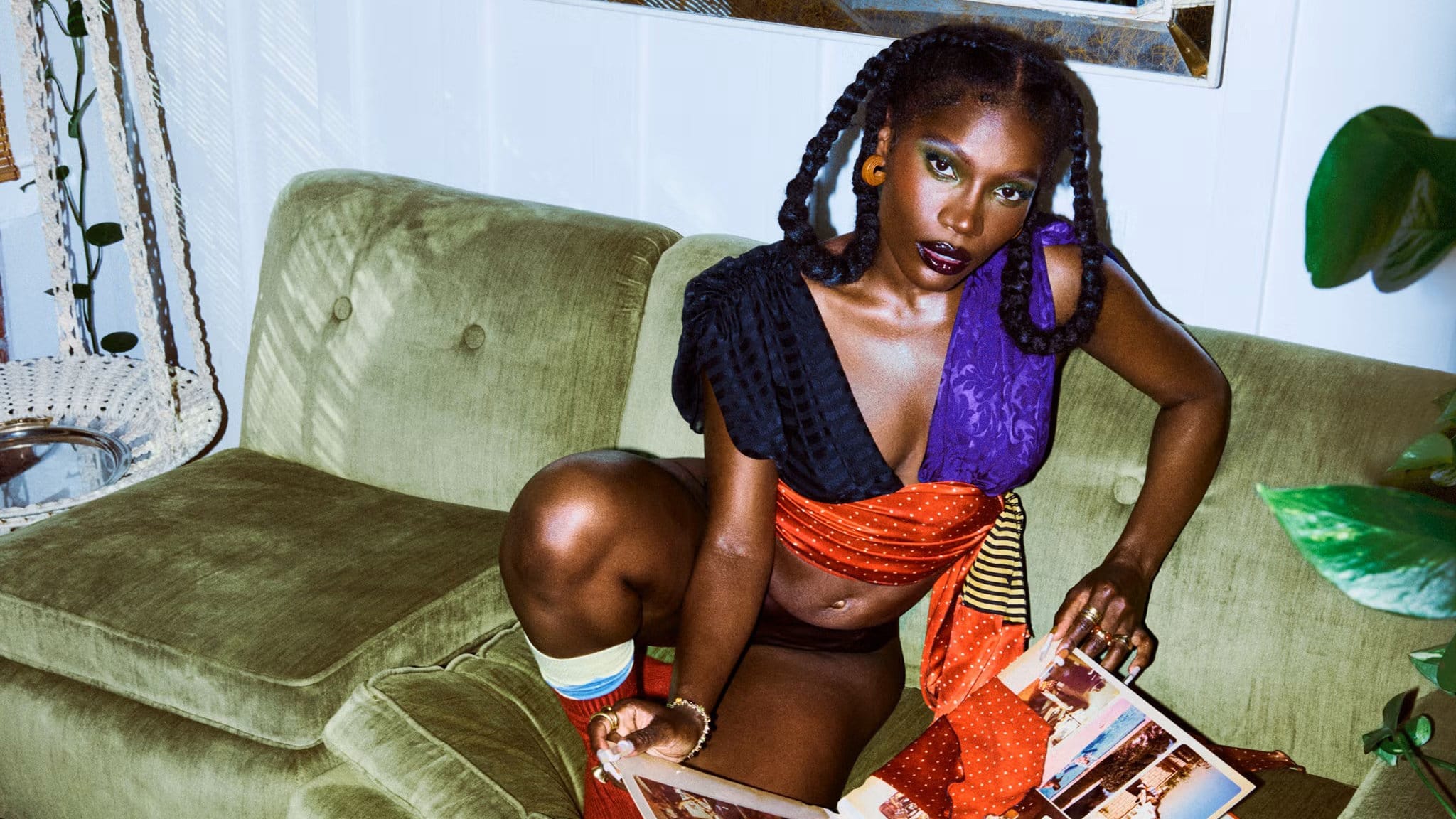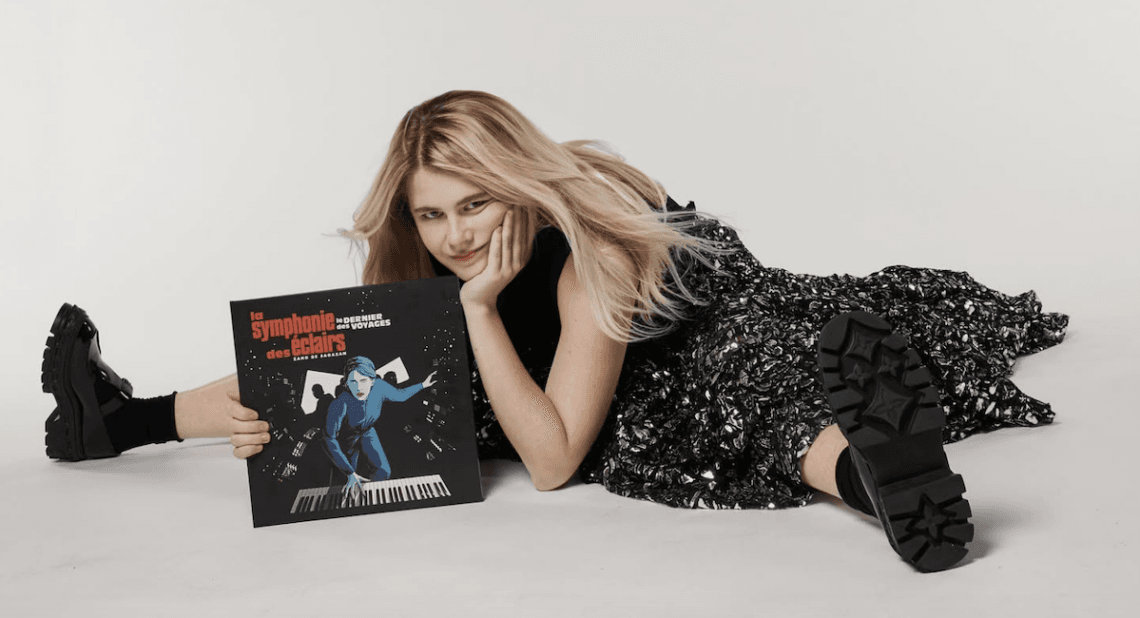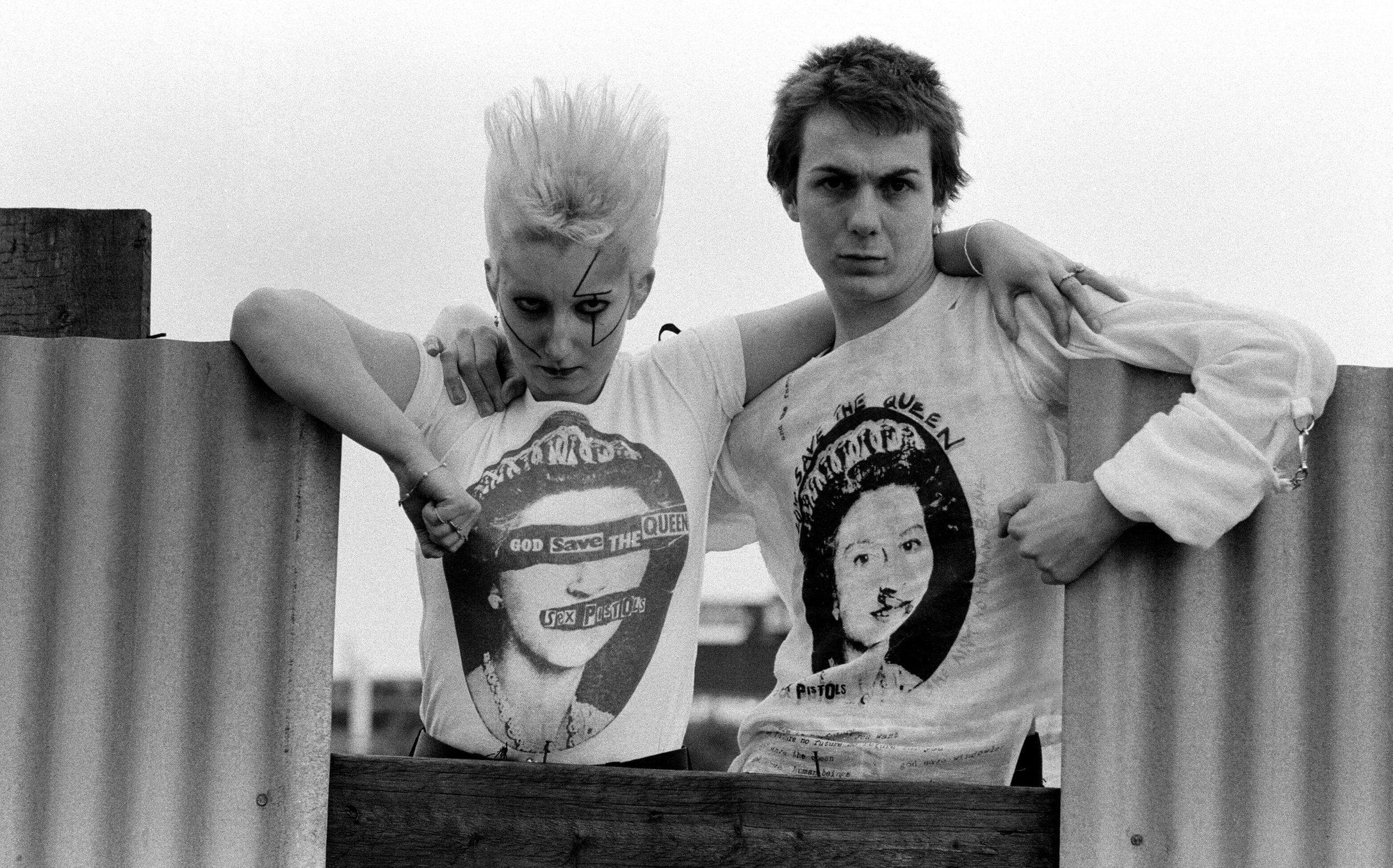Table of Contents
Fast Fashion – A Paradox Of Our Times?
Fast fashion, characterized by its rapid production of trendy and affordable clothing, took numerous cues from the ethos of “The Fashion Revolution.” The demand for accessible and ever-changing styles, ignited by provocative designs and the desire for self-expression, found fertile ground in the fast fashion model.
Today, the fast fashion industry embodies the paradox of our times. While it offers consumers unprecedented access to a wide array of clothing styles, it also raises questions about sustainability, ethical production, and the disposable nature of fashion.
“The Fashion Revolution” reminded us that fashion is not just about what we wear but also about the values we uphold. It prompted a reevaluation of the industry’s impact on the environment and labor practices, setting the stage for ongoing discussions about the future of fashion.
As we move forward, it is our collective responsibility to consider the lessons of “The Fashion Revolution” and strive for a fashion ecosystem that combines accessibility and innovation with sustainability and ethical responsibility. The revolution continues, not only in the clothing we wear but also in the choices we make as consumers, designers, and advocates for a more equitable and eco-conscious fashion industry.
Punk’s Edge: How Fast Fashion Appropriates Rebellion
While the incorporation of punk fashion elements into fast fashion allows for greater accessibility, it raises ethical and authenticity concerns. Authentic punk fashion was often about challenging consumerism and mainstream norms, while fast fashion is associated with mass production and disposability.
Moreover, the commercialization of punk style in fast fashion can dilute its original rebellious message. Punk was a subversive cultural movement, whereas fast fashion aims to capitalize on trends quickly and profitably.
In conclusion, punk fashion’s legacy endures in today’s fast fashion industry, where its rebellious and edgy elements continue to attract consumers. However, it’s essential to recognize the difference between authentic punk culture and its commercialized, mass-produced iterations in fast fashion.
If you are interested in the role of punk in the fashion revolution: Fashion Activism And Its Revolution
Avoiding fast fashion and making more sustainable clothing choices as a consumer involves conscious decision-making and adopting a mindful approach to your fashion consumption. Here are some steps you can take:
Remember that transitioning to a more sustainable fashion lifestyle is a journey. It’s okay to start small and gradually make changes that align with your values. Every conscious choice you make as a consumer contributes to a more sustainable and responsible fashion industry.
Introduction To The Fast Fashion Landscape: A Roster of Key Players
In the ever-evolving world of fashion, the concept of fast fashion has gained immense prominence over the years. Fast fashion companies are known for their rapid production cycles, delivering trendy and affordable clothing at lightning speed to meet the demands of fashion-forward consumers.
In this comprehensive list, we delve into the heart of the fast fashion landscape, introducing you to some of the key players that have shaped the industry. These brands have not only redefined how we consume fashion but have also sparked discussions about sustainability, ethical practices, and the impact of our clothing choices.
From industry giants like Zara and H&M to online sensations like ASOS and Shein, each of these companies has left an indelible mark on the fashion world. Join us as we explore the fast fashion realm, shedding light on the brands that continue to influence the way we dress and inspiring conversations about the future of fashion.
20 Fast Fashion Brands To Avoid

1. Zara
2. H&M
3. Forever 21
4. Primark
5. ASOS
6. Boohoo by Kourtney Kardashian Barker
7. Shein
8. Fashion Nova
9. Missguided
10. PrettyLittleThing – Selling off the cheaply-made products
11. Nasty Gal
12. Mango
13. Topshop – Is Topshop SUSTAINABLE and ECO FRIENDLY?
14. Pull&Bear
15. UNIQLO – Uniqlo and the women owed $5.5 million
16. Cotton On
17. Zalando
18. Express
19. Charlotte Russe
20. Dressbar
Please keep in mind that the practices and reputations of fast fashion companies may evolve over time. It’s advisable to research each company’s current approach to sustainability, ethics, and labor practices if you are concerned about these aspects.
Gripping Life Is Avoiding Fast Fashion
At Gripping Life, we are committed to taking a bold stance against fast fashion and its detrimental impact on our planet and society. We recognize that the fashion industry’s rapid production and disposable culture contribute to environmental degradation and unfair labor practices. Therefore, we pledge to prioritize responsible and sustainable fashion choices to protect our planet and support ethical practices within the industry.
Our Commitments:
- Curated Selection: We meticulously curate our collection of clothing, ensuring that every item meets our stringent sustainability and ethical standards. We prioritize brands that share our values of quality, transparency, and responsible production.
- Transparency: We believe in the power of transparency. We provide our customers with information about the brands and products we carry, including their sustainability certifications, ethical practices, and sourcing details.
- Education: We are committed to educating our customers about the detrimental effects of fast fashion. Through informative content, blog posts, and social media, we aim to raise awareness about the importance of responsible fashion choices.
- Alternatives to Fast Fashion: Our store serves as an alternative to fast fashion. We offer a range of affordable, stylish, and sustainable clothing options, allowing customers to make fashion choices that align with their values.
- Advocacy: We actively support initiatives and movements that advocate for transparency, fair labor practices, and environmental responsibility within the fashion industry. We believe in using our platform to amplify the voices calling for positive change.
- Repair and Upcycling: We encourage our customers to embrace repair and upcycling as sustainable practices. Our services and offerings aim to extend the life of clothing items, reducing the need for constant replacements.
- Community Engagement: We foster a sense of community among our customers. We encourage them to share their sustainable fashion journeys, insights, and experiences. Together, we can inspire and support one another on our paths to responsible fashion.
By making this commitment, Gripping Life aims to be a beacon of responsible fashion, challenging the norms of the fashion industry and contributing to the ongoing revolution towards sustainability, ethics, and transparency. We invite our customers to join us on this journey and be part of the solution for a more equitable and eco-conscious fashion world. Together, we can make a significant impact.
Dear visitor, I hope you enjoy this article. Thank you to take time to check out my newest designs and creations.
The article continues:
12 Ways To A More Sustainable and Ethical Fashion World
- Educate Yourself: Learn about the impact of fast fashion on the environment, labor conditions, and the fashion industry as a whole. Understanding the issues is the first step toward making more informed choices.
- Prioritize Quality Over Quantity: Invest in well-made, durable clothing that will last longer. While it may cost more upfront, it’s often more cost-effective in the long run and reduces the need for constant replacements.
- Choose Sustainable Brands: Support brands that prioritize sustainability, ethical production, and transparency. Look for certifications such as Fair Trade, Global Organic Textile Standard (GOTS), and B Corp, which indicate a commitment to responsible practices.
- Buy Secondhand: Thrifting and buying secondhand clothing reduce the demand for new production. Explore thrift stores, vintage shops, and online secondhand platforms to find unique and affordable pieces.
- Repair and Upcycle: Instead of discarding clothing with minor damage, consider repairing or upcycling them. Simple sewing skills can extend the life of your garments.
- Minimalism and Capsule Wardrobes: Embrace minimalism and create a capsule wardrobe with versatile, timeless pieces that can be mixed and matched. This reduces the temptation to constantly buy new clothes.
- Rent or Borrow: For special occasions or occasional wear, consider renting clothing or borrowing from friends and family. This reduces the need to buy items that you’ll rarely use.
- Support Local and Artisanal Brands: Explore local designers and artisanal brands that often have smaller production runs and unique, handcrafted pieces.
- Evaluate Your Needs: Before making a purchase, assess whether you truly need the item or if it’s just a passing trend. Be mindful of impulse buying.
- Recycle Responsibly: When clothing reaches the end of its life, recycle it properly. Many brands have recycling programs, and textile recycling bins are available in some areas.
- Advocate for Change: Use your consumer power to advocate for more sustainable practices within the fashion industry. Support initiatives that call for transparency, fair labor practices, and environmental responsibility.
- Spread Awareness: Share your knowledge and experiences with friends and family. Encourage them to join you in making more sustainable fashion choices.
What Brands Are Not Fast Fashion And Affordable?
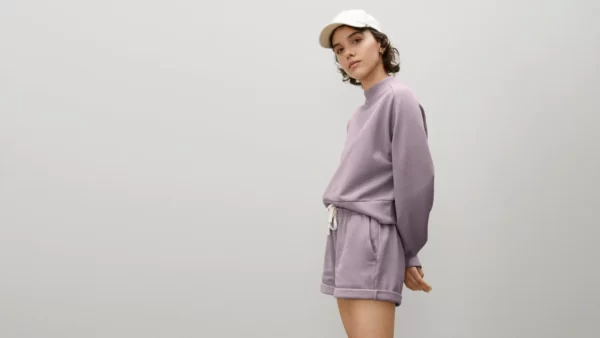
Several brands offer affordable and stylish clothing while not following the typical fast fashion model, which often involves rapid production, low-quality materials, and unsustainable practices. These brands prioritize quality, sustainability, and ethical manufacturing. Keep in mind that affordability can be subjective, but these brands generally offer reasonable prices for their commitment to responsible practices:
Everlane: Known for transparency and ethical manufacturing, Everlane offers affordable clothing and accessories with a focus on quality. Website
Patagonia: A leader in sustainable outdoor gear, Patagonia offers a range of clothing with a strong commitment to environmental and social responsibility. They prioritize durability and repairability. Website
Uniqlo: While operating at a fast fashion pace, Uniqlo is often considered more ethical and sustainable than many competitors. They offer high-quality basics and provide transparent information about their supply chain. Website
ABLE: ABLE is dedicated to ending generational poverty by providing economic opportunities to women. They offer a variety of affordable clothing, accessories, and shoes. Website
Thought: Thought, formerly known as Braintree Clothing, emphasizes sustainable, natural fibers and ethical production practices. They offer affordable clothing, accessories, and loungewear. Website
People Tree: A pioneer in sustainable and Fair Trade fashion, People Tree offers affordable clothing for women, including dresses, tops, and accessories. Website
Pact: Pact is known for its affordable organic cotton clothing, including basics like t-shirts, leggings, and underwear. Website
Alternative Apparel: Alternative Apparel focuses on eco-friendly materials and responsible production, offering a range of affordable and comfortable basics. Website
Threads 4 Thought: Threads 4 Thought offers affordable sustainable fashion for men and women, including activewear and loungewear. Website
Outerknown: Founded by professional surfer Kelly Slater, Outerknown is dedicated to sustainability. They offer a range of clothing, including swimwear, at accessible prices. Website
These brands combine affordability with a commitment to ethical and sustainable practices, making it easier for consumers to make environmentally conscious choices without breaking the bank. Visit their websites for more information on their products and missions.
Further Literature
- If you want to know more about the environmental impact of fast fashion I recommend following article: Fast Fashion’s Environmental Impact published by Websiteplanet.
- The Fashion Transparency Index 2023 published by Fashion Revolution analyses and ranks 250 of the world’s biggest fashion brands and retailers based on their public disclosure of human rights and environmental policies, practices and impacts, in their operations and in their supply chains.


